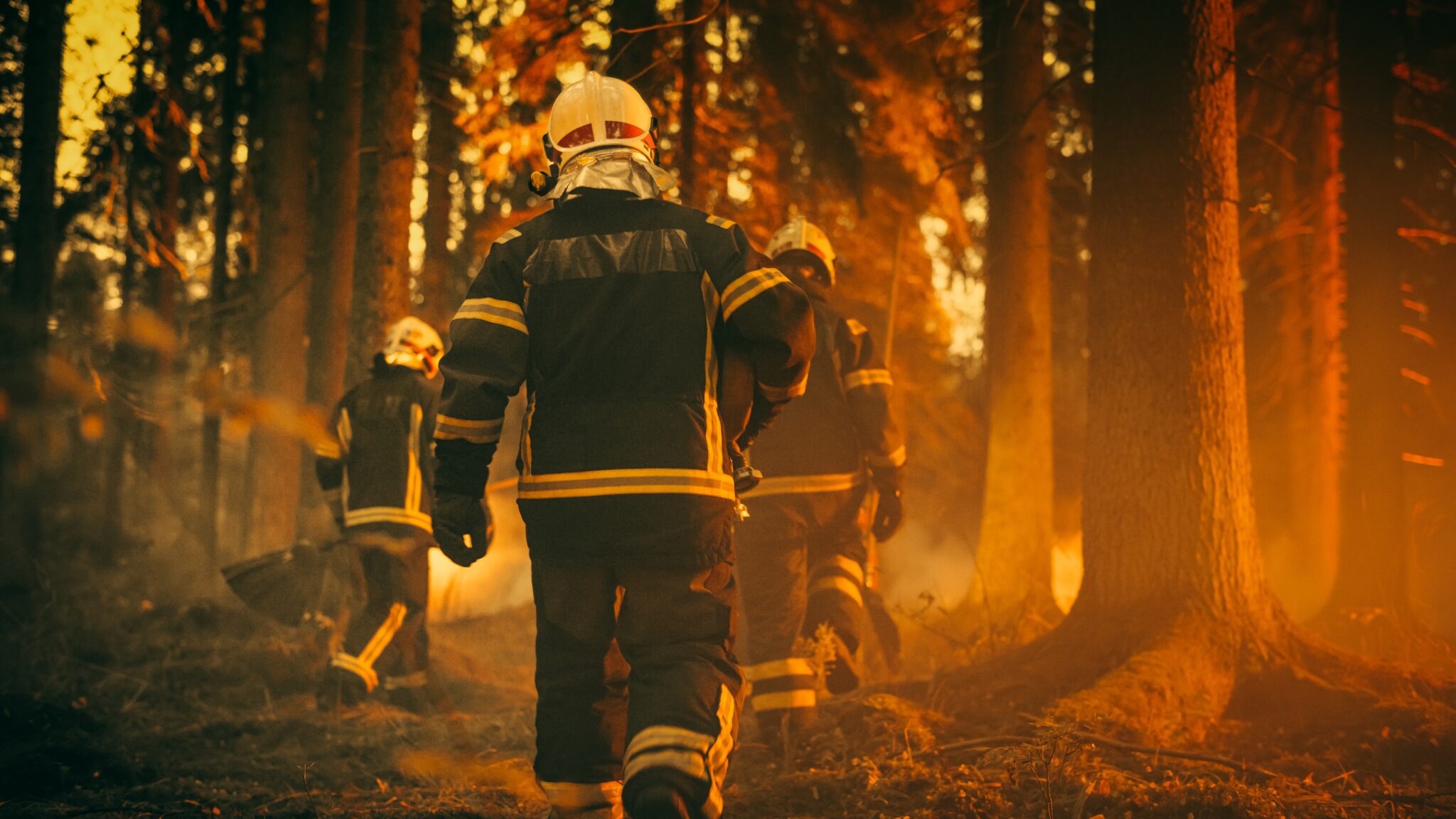Fish Sparks Wildfire: Unbelievable Cause

A fish dropped by an osprey set off a chain of events that left more than 1,500 Canadians in the dark.
Story Snapshot
- An osprey-dropped fish ignited a wildfire and caused a power outage for over 1,500 people in Ashcroft, British Columbia.
- Emergency crews, ranchers, and utility workers quickly contained the brush fire and restored power within hours.
- The event highlights vulnerabilities in above-ground power lines and raises concerns about wildfire preparedness in rural regions.
- Experts call for renewed focus on robust infrastructure and rapid local response as unpredictable ignition sources become more common.
Bizarre Ignition: Wildlife, Power Lines, and Community Impact
On July 31, 2025, near the rural town of Ashcroft, British Columbia, an osprey carrying a fish accidentally dropped its catch onto overhead power lines. The resulting sparks set dry grass ablaze, quickly escalating into a brush fire that burned nearly half a hectare and triggered a power outage for more than 1,500 residents. Local firefighters, ranchers, and BC Hydro utility workers mobilized rapidly, using almost 4,800 gallons of water to contain the situation. The charred remains of the fish were found at the scene, while the bird escaped unharmed.
FISHY BUSINESS 🐟 A peculiar incident involving a fish and an osprey led to a power outage in Ashcroft, British Columbia, last week. https://t.co/LBhzceM0H3 pic.twitter.com/s1eLYnXSJu
— News 4 San Antonio (@News4SA) August 5, 2025
The incident immediately drew international attention due to its rare and almost comical cause, but the consequences were serious for the affected community. Power was restored the same day, and the fire was kept from spreading further, thanks to an effective and coordinated emergency response. In a setting where above-ground power lines are common and drought conditions elevate fire risk, this event underscored both the unpredictability of wildfire ignition sources and the critical importance of community readiness.
Watch: Canada Wildfire Caused by Falling Fish | CKey Daily – Aug 4, 2025
Why This Matters: Infrastructure Vulnerability and Fire Risk
Ashcroft’s reliance on exposed power lines, like many North American rural areas, makes it susceptible to accidental ignitions—whether from wildlife, weather, or human error. While wildfires in British Columbia are often caused by lightning or human activity, animal-related incidents remain rare, and a fish igniting a fire is unprecedented in Canada. This event has prompted utilities and emergency planners to revisit wildlife deterrence and infrastructure resilience, recognizing that even the best-laid safety plans can be upended by the unexpected.
Such vulnerabilities raise questions for communities across North America, especially in an era of stretched resources and frequent extreme weather. The incident also brings renewed attention to the need for swift, local emergency response teams—something that rural towns like Ashcroft still do well, despite ongoing challenges with government overreach and centralized bureaucracy. The effective action by local ranchers, firefighters, and utility crews stands in contrast to the kind of slow, top-down responses often seen in larger urban centers.
Broader Impacts: Social Awareness and Policy Discussions
Beyond its local effects, the Ashcroft fire has sparked international discussion on the complexity of wildfire prevention and the unforeseen ways that natural and manmade systems intersect. While the probability of another “fish fire” remains slim, the incident highlights the necessity for robust, decentralized emergency capacity and vigilant maintenance of power systems—core issues for communities determined to safeguard their independence and resilience against both natural and bureaucratic threats.
Sources:
How a falling fish sparked a fire and power outage in Canada’s British Columbia (Economic Times)
Fish Are Now Starting Wildfires in Canada (The Hotshot Wakeup)
Fish dropped on power lines by bird caused BC blaze, firefighters say (Rocky Mountain Outlook)
Fishy business: Osprey drops dinner, sparks fire and leaves Canadian town in the dark (News3LV)
Fish starts fire in Canada (The Independent)
